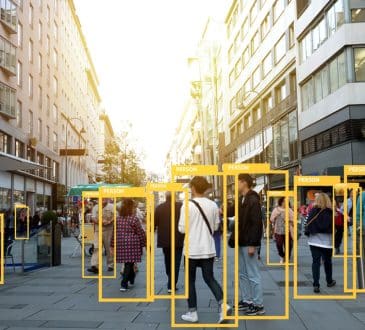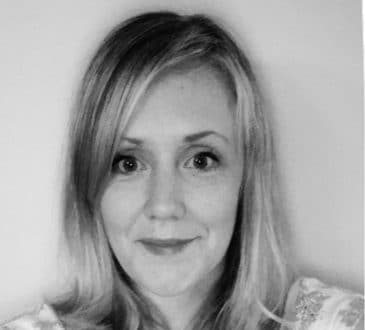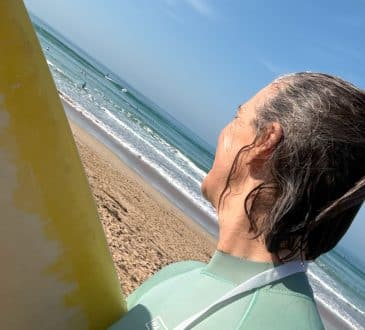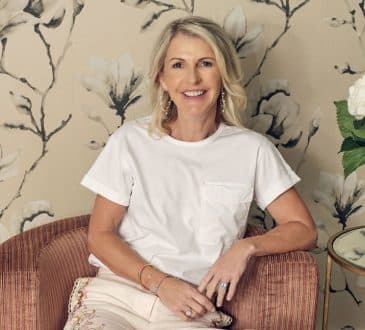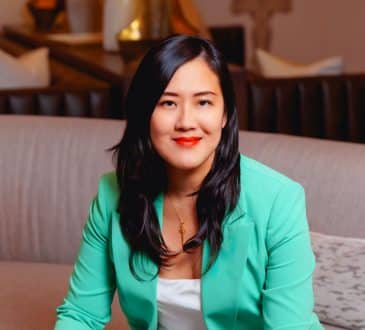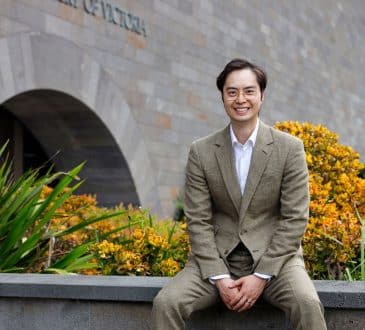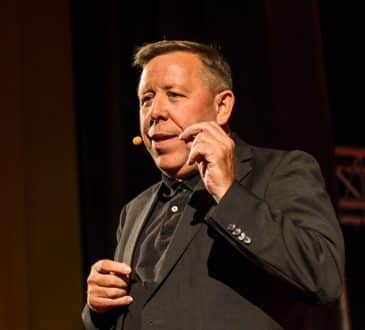The Best People Often Make the Biggest Mistakes – thank goodness they exist…
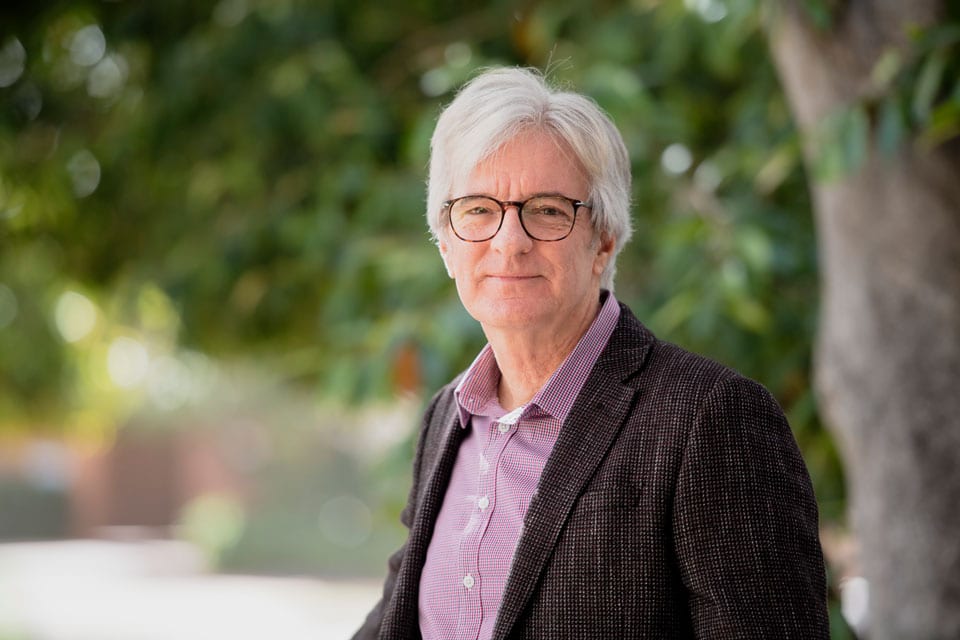
It all seems so clear and straightforward doesn’t it. Anything and everything. Once it’s been done and we’ve been exposed to something, the newness – the new boundary – often settles and becomes the new normal quite quickly. Desensitised? Maybe. Adapted? Certainly. Careless? That’s risky. The wonderment? Let’s hope not completely.
There is just something about not knowing isn’t there. Something fantastic. Not knowing ‘what’s out there’.
The first, and brave, ones to cross an ocean in an aircraft, fly into space, dive with sharks, set up a new business venture, invent a life-saving machine. And can you believe at one stage it was thought that the human body wouldn’t be able to stand the stress of speed greater than 30 or 40 kilometres per hour? Certainly ‘someone’ did. Clearly, ‘someone else’ thought they’d better find out 1. If it’s true and 2. What the real limit is.
What about those who start with nothing and build empires worth countless? Or even more impressive, those who experience unspeakable hardship and cruelty and go on to have wonderful families. Imagine the boundaries they’ve had to push back, especially of the mental kind.
If we strive for more, stretch the boundaries, it’s all about probability and risk, but no risk takes us nowhere; there will be no progress in business, for society, nor professionally or personally. And it’s guaranteed that on the way circumstances will arise unexpectedly and quickly when there is no-one to turn to for a final decision. It has to be that way. Whatever we’re doing, no-ones’ done it before. We’re the pathfinder. It’s up to us.
I’m often asked how I’ve learned to cope with pressure in the aviation environment. Well the first thing, when faced with an issue, is to do nothing. Take a breath. Acknowledge any emotion. Then take control of it, and the situation. Sometimes of course, a quick decision is required but more often than not, we can take just a moment to get it right and not exacerbate a problem, let alone create a bigger one.
I’ve learned this, however. The more we’re exposed to the unexpected, and the more we actively challenge ourselves to even potentially be exposed to them, the less daunting they become, but we must have those experiences to build our capability and resilience. Only then will we truly know how we’ll respond to criticality. We learn about ourselves.
We can even begin to relish the unexpected.
But what’s really important, what can change the world, is how we react to these people, the limit-pushers – those who are out there surfing the bigger waves? We really do need to look at ourselves and our response to them. The only person who can honestly answer this is the one in the mirror. Of course we’re not talking about those who do simply ‘bad’ things, unsociable things; that can harm others. They’re with us of course. But do we look at the others with wonder? Envy? Jealousy? Fear? Anger? Distaste that they aren’t conforming? Whatever it may be, we need to have a think about it because it’s highly possible that our emotional reaction to their ‘act’ or ‘view’ will drive our response, and possibly even result in us trying to restrict or penalise them. Really. It happens a lot – because we don’t agree with them for one reason or another. Oh yes, it happens plenty in organisations also.
Now these boundary-finders are going to get it wrong sometimes. Yes, while this is about probability and risk, we can’t allow the probability of risk to be too high for our community. We need to look after people, of course.
However, in amongst our quest to better ‘life’ for everyone, the risks associated with not taking any risk are high. Standing still is ultimately going backwards.
For certain, we can’t have everyone just doing their own thing, but what’s at stake is absolutely that we’re not allowing a new and better boundary to emerge. And that can be the difference between success, and failure.
Now, back to the person in the mirror and our self-awareness question. Think about it again. Do we have a right to hinder those pushing the boundaries for those things that can make life better? And if the next question is who defines what makes life better, or what ‘better’ is, then let’s just accept that so long as it doesn’t adversely affect others who don’t agree, that’s okay.
So, what’s worse, making a mistake or the ramifications of making a mistake for that person? As I said, thank goodness they exist. We need them.
..and not knowing what’s ahead is a good thing, otherwise we’d just be living a script. How sad that would be.
Written by Chris Smith.
Have you read?
World’s Most Innovative Countries, Best Fashion Schools. Best Universities. Best Medical Schools. Best International High Schools. Countries: Most Female Billionaires.
Bring the best of the CEOWORLD magazine's global journalism to audiences in the United States and around the world. - Add CEOWORLD magazine to your Google News feed.
Follow CEOWORLD magazine headlines on: Google News, LinkedIn, Twitter, and Facebook.
Copyright 2025 The CEOWORLD magazine. All rights reserved. This material (and any extract from it) must not be copied, redistributed or placed on any website, without CEOWORLD magazine' prior written consent. For media queries, please contact: info@ceoworld.biz




